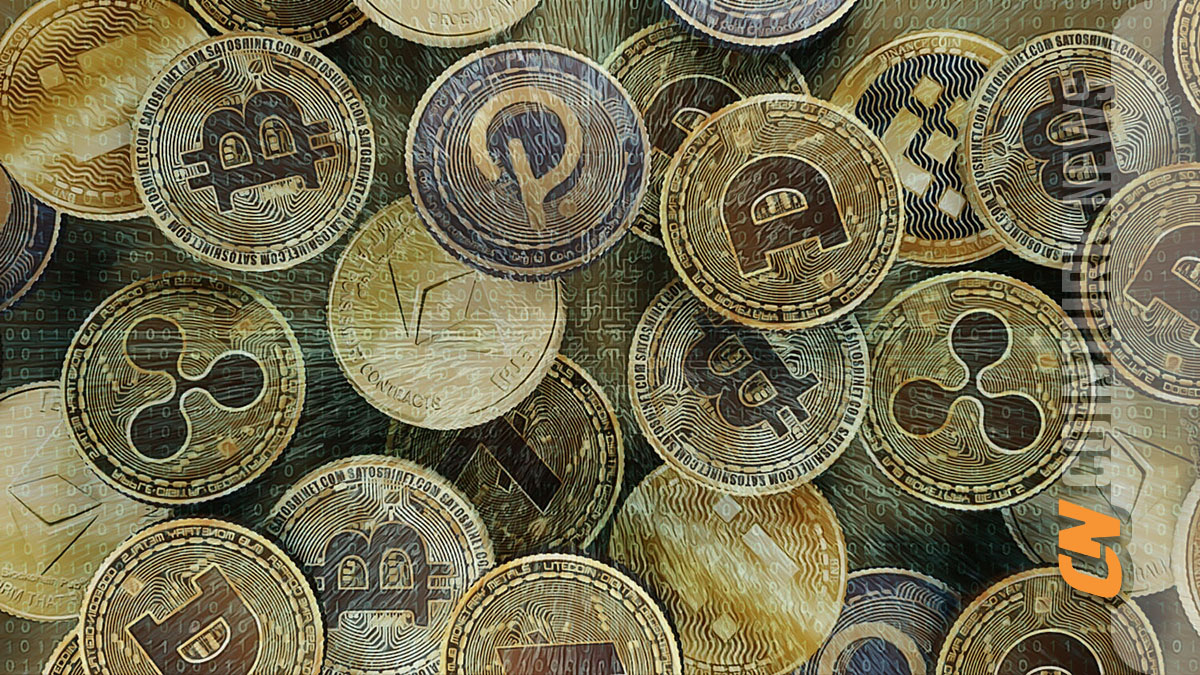In an effort to become Asia’s cryptocurrency hub, Hong Kong is shifting gears. However, leading global banks, such as Standard Chartered and HSBC, are not so eager to join the budding crypto party, according to the Financial Times (FT). The banking regulator in Hong Kong has been pressuring these banking giants to accept crypto exchanges as clients, yet these banks have yet to take the expected step.
Cryptocurrencies
Despite the Hong Kong Monetary Authority’s (HKMA) query about why the two UK-based banks are not keen on serving crypto clients, the banks have not taken the anticipated leap. According to a document dated April 27 that FT accessed, HKMA has asked the banks to assess their stance towards cryptocurrency companies, particularly those opening offices in Hong Kong to explore these opportunities.
The major banks have expressed hesitation to serve cryptocurrency clients due to the fear of potential prosecutions if these clients resort to platforms for money laundering or other illegal activities. This fear presents a significant barrier to Hong Kong’s ambition of becoming a global crypto hub.

A source close to the matter stated to the FT that the HKMA is encouraging the banks not to fear, but there is a reluctance rooted in the traditional banking mindset. Some senior executives in traditional banks are reluctant to serve cryptocurrency clients.
US Crypto Stance Puts Banks in a Bind
The U.S. Securities and Exchange Commission (SEC) filed lawsuits against both Binance and the U.S.-based major crypto exchange Coinbase last week, alleging violations of federal securities laws. Following these developments, a lawmaker from Hong Kong invited Coinbase to establish a base in the region. These events have put the banks in Hong Kong in a more critical position.
An executive stated during a meeting between the banks and HKMA that the banks must tread a fine line between supporting crypto clients and exchanges and being mindful of the situation in the U.S. The executive also added that the banks are caught between supporting the growth of the crypto industry in line with the policy adopted by the Hong Kong government and the risk of facilitating money laundering or illegal transactions.









